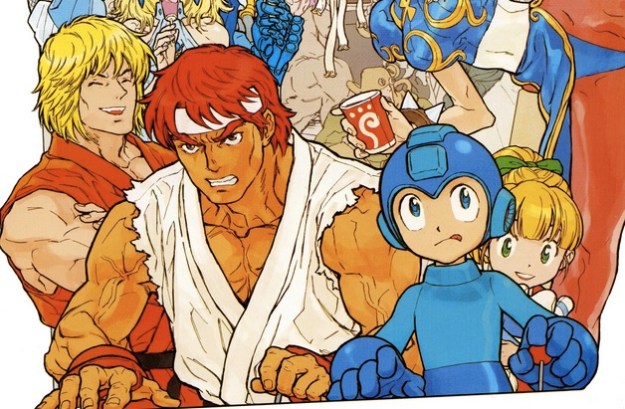
Globalization has been the beat behind Capcom’s war drum over the past five years. With the Japanese developer relegating the majority of its internal Japanese studios to handheld projects like the PSP and Nintendo 3DS Monster Hunter games, the majority of its home console games were farmed out to North American and European houses like DmC studio Ninja Theory, Dead Rising 2’s Blue Castle, and Bionic Commando’s GRIN. In light of the past two years of earnings declines and high profile failures like Resident Evil 6—whose sprawling 600 person development staff spanned three countries—Capcom is hunkering down, refocusing on Japanese development and killing off projects in the process.
When Digital Trends reached out to Capcom earlier this month to illuminate just what games in development were getting axed, the company was predictably reticent to give us details. While it didn’t go into too many specifics during its Wednesday presentation to investors, it did explain how those cancelled games fit into its immediate future.
“There were a few titles scheduled for the current fiscal year, but most of the cancellations were for releases planned in the fiscal year ending March 2015 and subsequent fiscal years,” said Capcom, “No titles that had already been announced were canceled.”
That means that games on the immediate horizon like French studio Dontnod’s promising Remember Me weren’t included in the corporate dust up at Capcom. However, this means that any Xbox 360 and PlayStation 3 games Capcom had in reserve past March 2014 are likely dead in the water. This also means that Capcom is reassessing those games it had planned for the first full year of the PlayStation 4 and Next Xbox.
Just because Capcom is re-strategizing, though, that doesn’t mean the company is abandoning the console space. Far from it.
“We believe that sales in the console and online category (downloadable content and other products) will continue to increase even if home video game packaged software sales decline,” said Capcom, “Developing content for the home video game market will remain the core element of our strategy.”
For old fans that were disheartened by Capcom’s increased investment in mobile gaming, take heart: the company’s mobile work is slowing down – but only for the moment while the smartphone market is still volatile.
“In Japan, growth of card battle-type social games has stagnated in the market. Overseas as well, the market is leveling off because of the ongoing diversification in users. However, smartphone sales are increasing repidly and so are areas of the world where these phones can be used. Therefore, we believe this market has enormous potential.”


